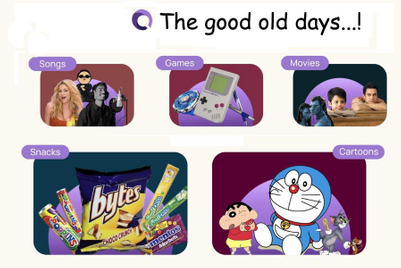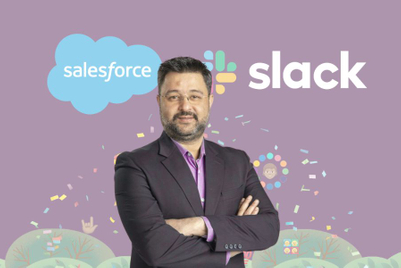.png&h=570&w=855&q=100&v=20250320&c=1)
Gen Z relies on non-traditional sources for healthcare information
A US study by Mediahub reveals social media has become the most trusted source for healthcare information
.png&h=570&w=855&q=100&v=20250320&c=1)
Top news, insights and analysis every weekday
Sign up for Campaign Bulletins
Most Read
Just Published
Disney Cruise Line VP on how the brand ventures ...
With a locally adaptive strategy, strong fan engagement, and Disney’s magical storytelling, Disney Cruise Line sets sail into Asia ahead of its December 2025 debut. Campaign speaks exclusively with VP and regional GM Sarah Fox before Campaign 360 next week.
Omnicom set targets to cut staff costs by 10 per cent
Omnicom Group set targets to reduce its total staff compensation bill by 10 per cent ahead of its proposed acquisition of Interpublic Group (IPG), PRWeek has learned.
Slack’s new hustle: From free chats to paid ...
With AI agents, structured integrations, and Slack Connect, Salesforce bets on transforming Slack from a chat tool into a marketer’s operating system.
The emotional connection: A new normal in influencer...
Brand recall tends to be faster and stronger when associated with individuals who have established face value, says The InterMentalist founder.





.jpg&h=334&w=500&q=100&v=20250320&c=1)

.jpg&h=334&w=500&q=100&v=20250320&c=1)
.jpg&h=334&w=500&q=100&v=20250320&c=1)
+(900+x+600+px).jpg&h=334&w=500&q=100&v=20250320&c=1)


+(900+x+600+px)+(3).png&h=334&w=500&q=100&v=20250320&c=1)


.jpg&h=268&w=401&q=100&v=20250320&c=1)





